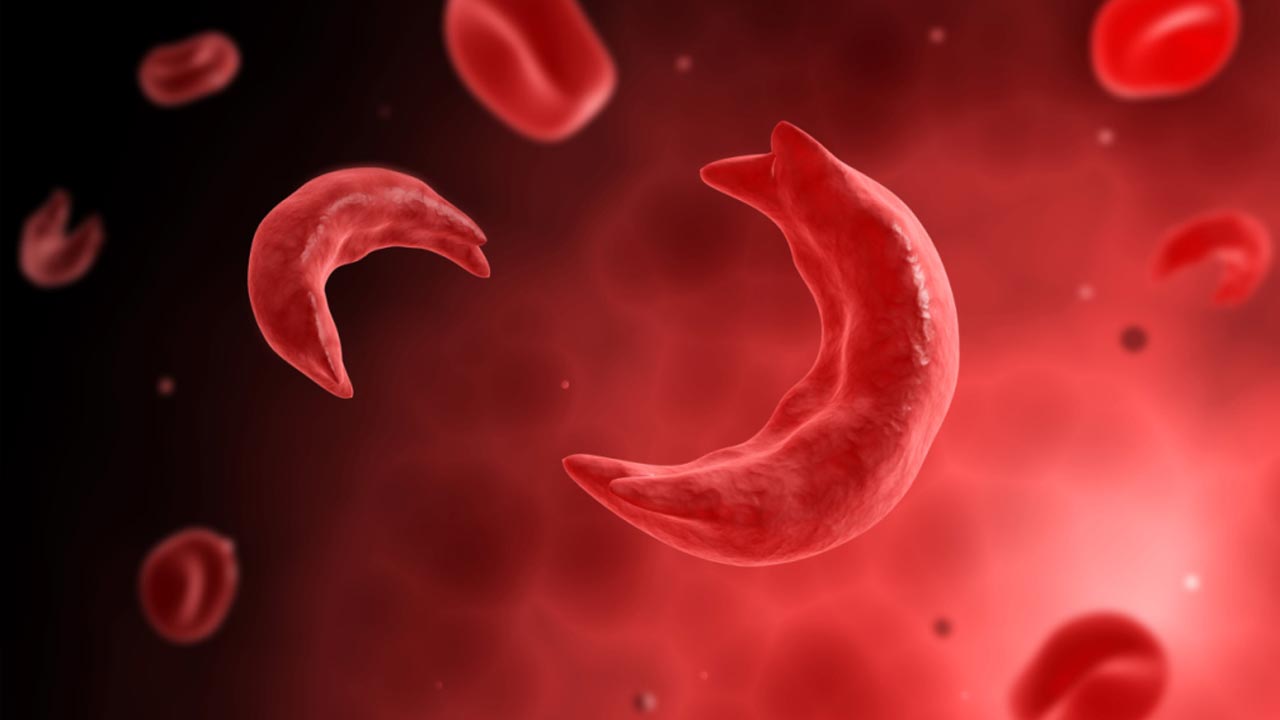20 million people ‘are living with sickle cell’
A group known as Concerned Medics Foundation says an estimated 20 million people are living with Sickle Cell disease across the world. The World Sickle Cell Awareness Day was celebrated on Saturday 19th June 2021. In a statement to mark the day, Dr Sadiya Gumi, Convener of the group, said general lack of awareness, poverty, […]

A group known as Concerned Medics Foundation says an estimated 20 million people are living with Sickle Cell disease across the world.
The World Sickle Cell Awareness Day was celebrated on Saturday 19th June 2021.
In a statement to mark the day, Dr Sadiya Gumi, Convener of the group, said general lack of awareness, poverty, lack of funding and insufficient number of trained staff make sickle cell disease a major burden on the whole of society.
“It is observed annually with the goal of increasing public knowledge and understanding of sickle cell disease and the challenges experienced by patients, their families, and caregivers.”
“Sickle cell disease is one of those conditions that has great mortality and morbidity.20 million people are living with sickle cell disease, two-thirds of sufferers being in sub-Saharan Africa.
“The majority of children with the most severe form of the disease die before the age of five, usually from an infection or other complication. In Nigeria, more than 25% of the population are affected and an estimated 150,000 patients were born in year 2018.
“In the North this is even more exaggerated with over 100 million people affected, and 70% of those affected are not educated,” he said.
Gumi also reacted to a claim that people could get married irrespective of genotype.
“It was alarming to read an article entitled, “Your Genotype Should Not Stop You from Getting Married”, where an expert in sickle cell disorder, Dr Olu Akinyanju, urged individuals who aspire to get married to do so regardless of their genotype citing the advanced technologies required to assist them in case they give birth to children with sickle cell disease.
“As a group of doctors of Nigerian origin residing and practising all over the world, Concerned Medics Foundation (CMF), we find it necessary to address this statement and put it in perspective. Yes, there are advanced treatment options for couples regardless of the genotype of their partner as mentioned by Dr Annette Akinsete in same article, namely IVF, pre-natal diagnosis and bone marrow transplant. These treatments are, however, highly specialised, expensive, not without risk, and not readily available or universally successful even in the most developed countries of the world, talk less of Nigeria where the vast majority cannot afford even the most basic healthcare.
“We welcome the development of the bone marrow transplant centre located in LUTH and hope when it becomes functional it will be subsidised for the poorest that are mostly affected by this disease. In the meantime, a lot of work and emphasis should be targeted on advocacy and awareness, especially amongst high-risk communities, to educate and inform our youths and adolescents in schools and colleges.”
